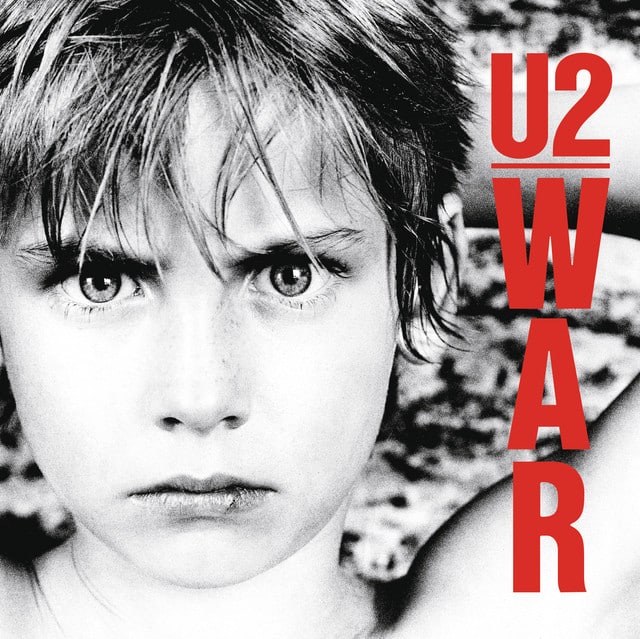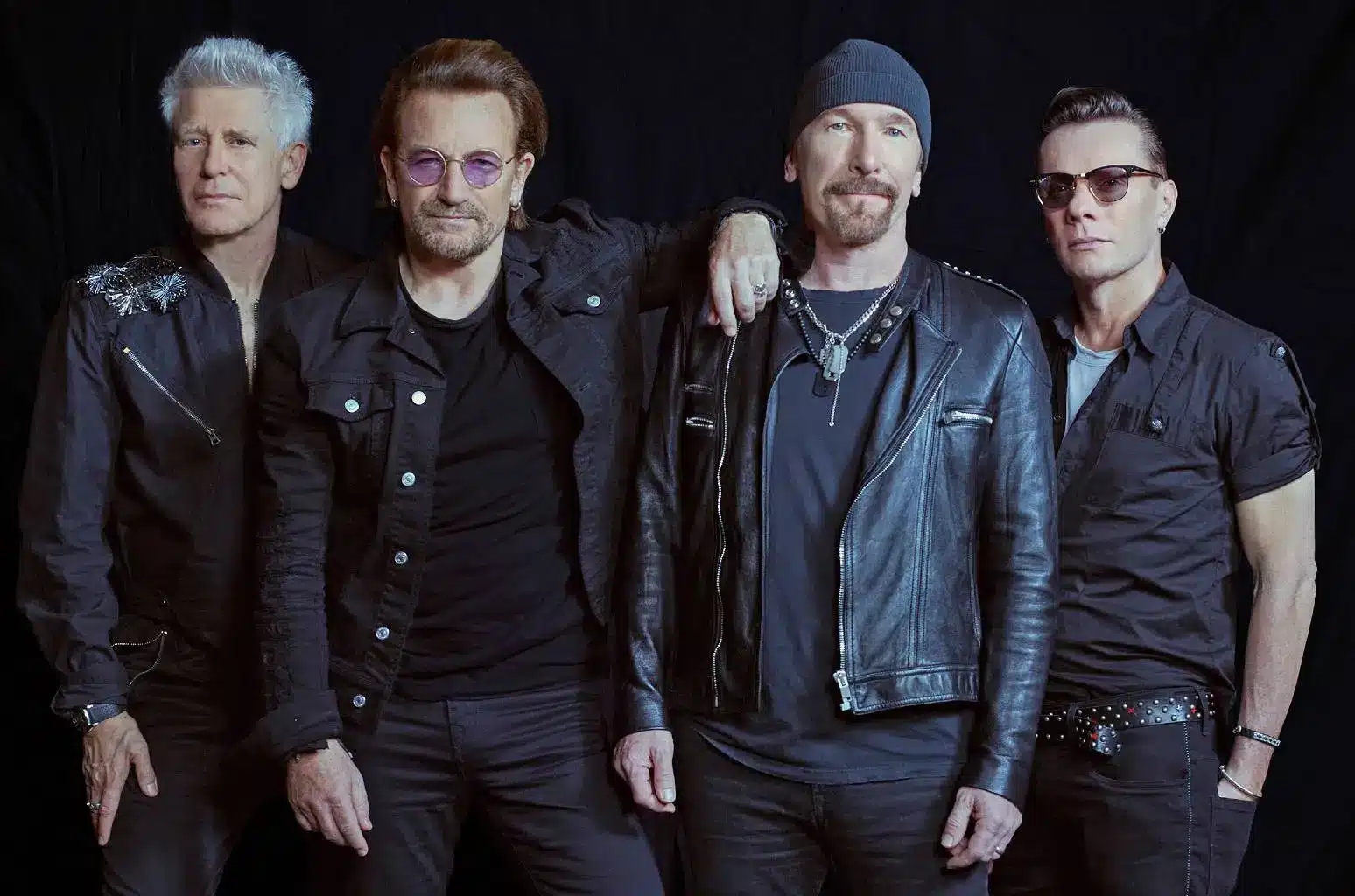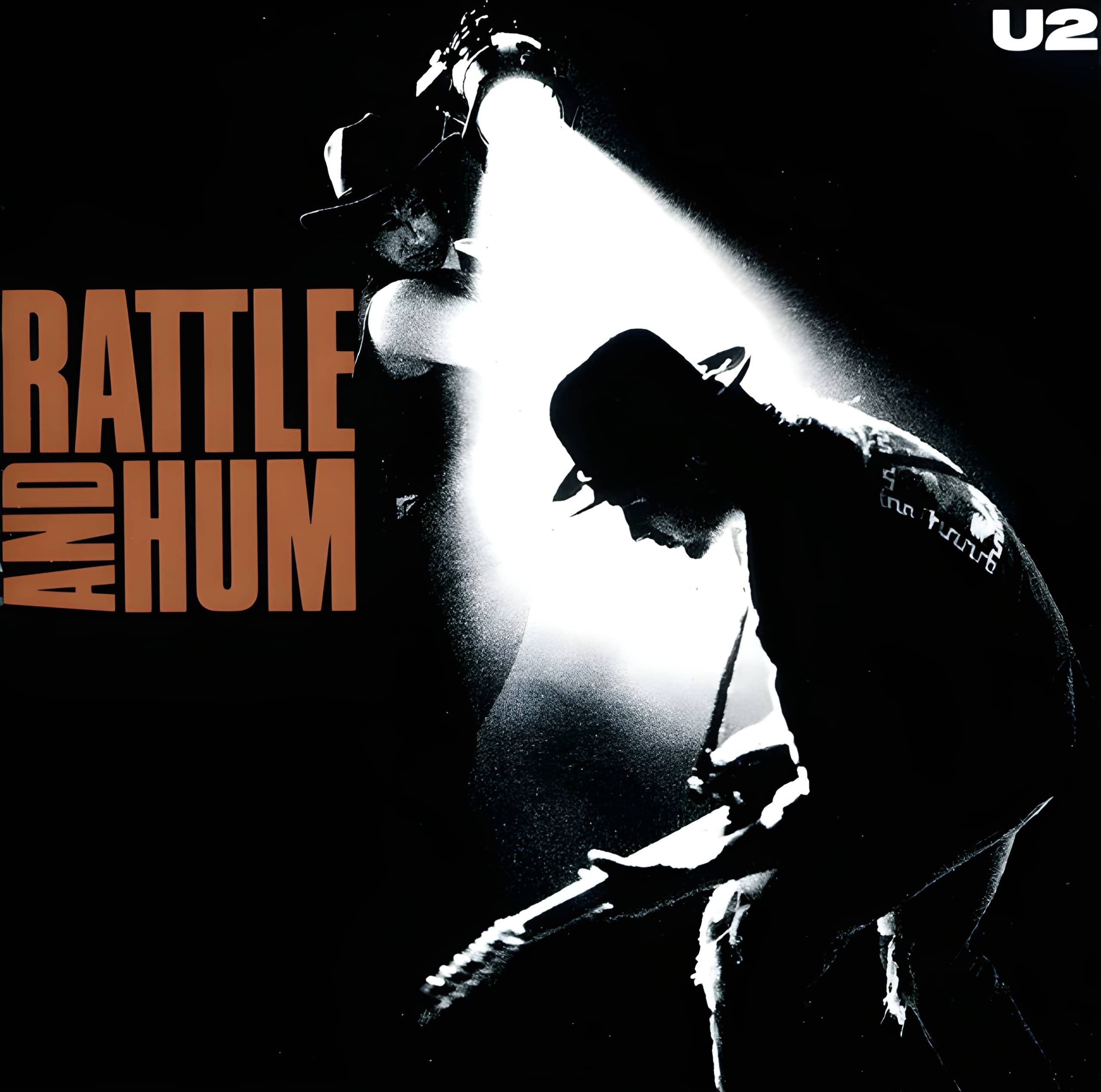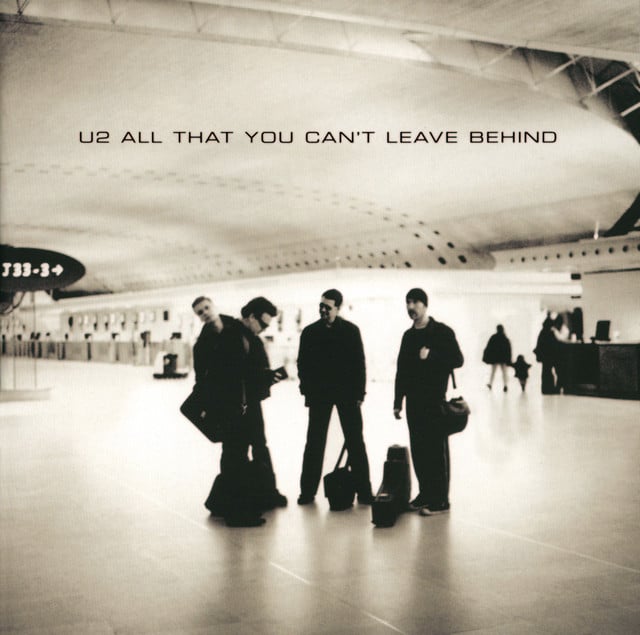Released: 1983
“Sunday Bloody Sunday” by U2, a track that has reverberated through the airwaves since its release, doesn’t just rock – it roars with the pain and protest of a generation. Behind its invigorating beat and edgy guitar riffs lies a profound commentary on the violence and turmoil of The Troubles in Northern Ireland. It’s a call for peace that hits hard, serving up a raw slice of history with every note.
The song opens with a disillusionment that’s almost palpable, as the singer grapples with the daily news of violence, expressing a desperate wish to shut it out, but knowing all too well he can’t. The refrain “How long, how long must we sing this song?” echoes the frustration and weariness of a conflict that seems endless. Yet, there’s a glimmer of unity and hope in the lines “’Cause tonight / We can be as one / Tonight,” suggesting that even in the darkest times, there is a possibility of coming together to overcome divisions.
The verses paint a grimmer picture, with imagery of “Broken bottles under children’s feet / Bodies strewn across the dead-end street,” vividly bringing to the fore the indiscriminate violence that mars everyday life in a conflict zone. Refusing to “heed the battle call,” the song takes a stand against the cycle of violence, with the walls that once divided now serving as the singer’s support against the onslaught of aggression. The repeated “Sunday, Bloody Sunday” hammers home the specific atrocities of January 30, 1972, when British troops shot and killed unarmed civil rights protesters and bystanders in Derry, making it both a lament and an indictment of that day and of all senseless violence.
As the song progresses, it beckons the listener to “Wipe the tears from your eyes,” a call for resilience in the face of despair. This is not just about soothing pain but about refusing to be blinded by it, to keep sight of the potential for change. The assertion “And it’s true we are immune / When fact is fiction and TV reality” critiques the desensitization to violence, urging a reconnection with the human cost of conflict that’s too often buried beneath headlines and propaganda.
The closing lines of the song bring a spiritual dimension to the struggle, suggesting that the “real battle just begun” transcends the physical conflict. It’s a battle for the soul, for justice and peace, encapsulated in the victory Jesus won, symbolizing ultimate sacrifice and redemption. By ending on this note, “Sunday Bloody Sunday” isn’t just recounting a tragic chapter from the past; it’s a rallying cry for peace and humanity that resonates just as powerfully today.
With “Sunday Bloody Sunday,” U2 doesn’t just put music to the madness of conflict; they challenge us to see beyond the headlines, to feel the weight of loss and the power of hope. It’s a testament to the band’s ability to blend rock’s rebellious spirit with a deeply felt political consciousness, making it not just a song but a statement, one that continues to inspire and provoke long after the last note fades.








